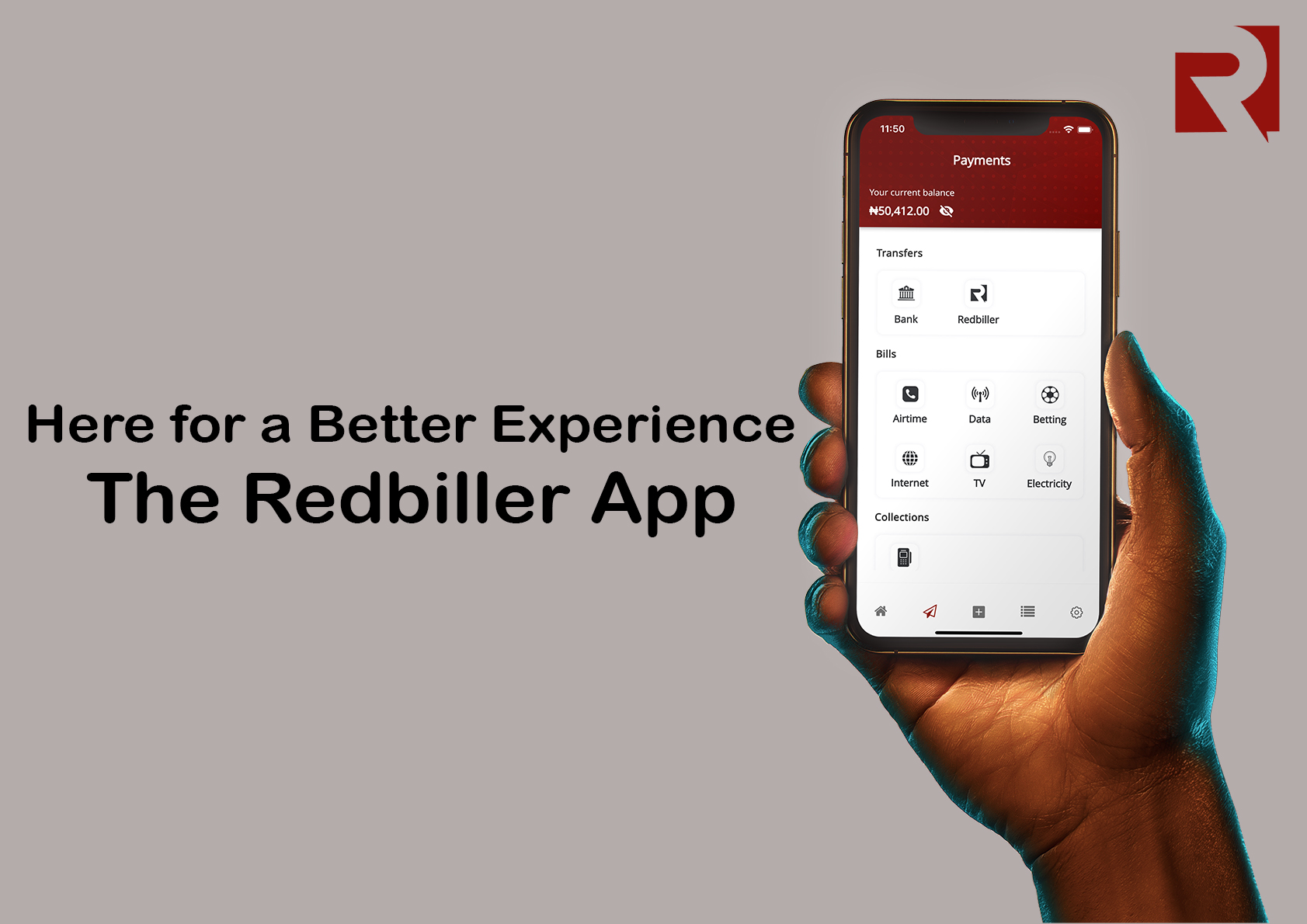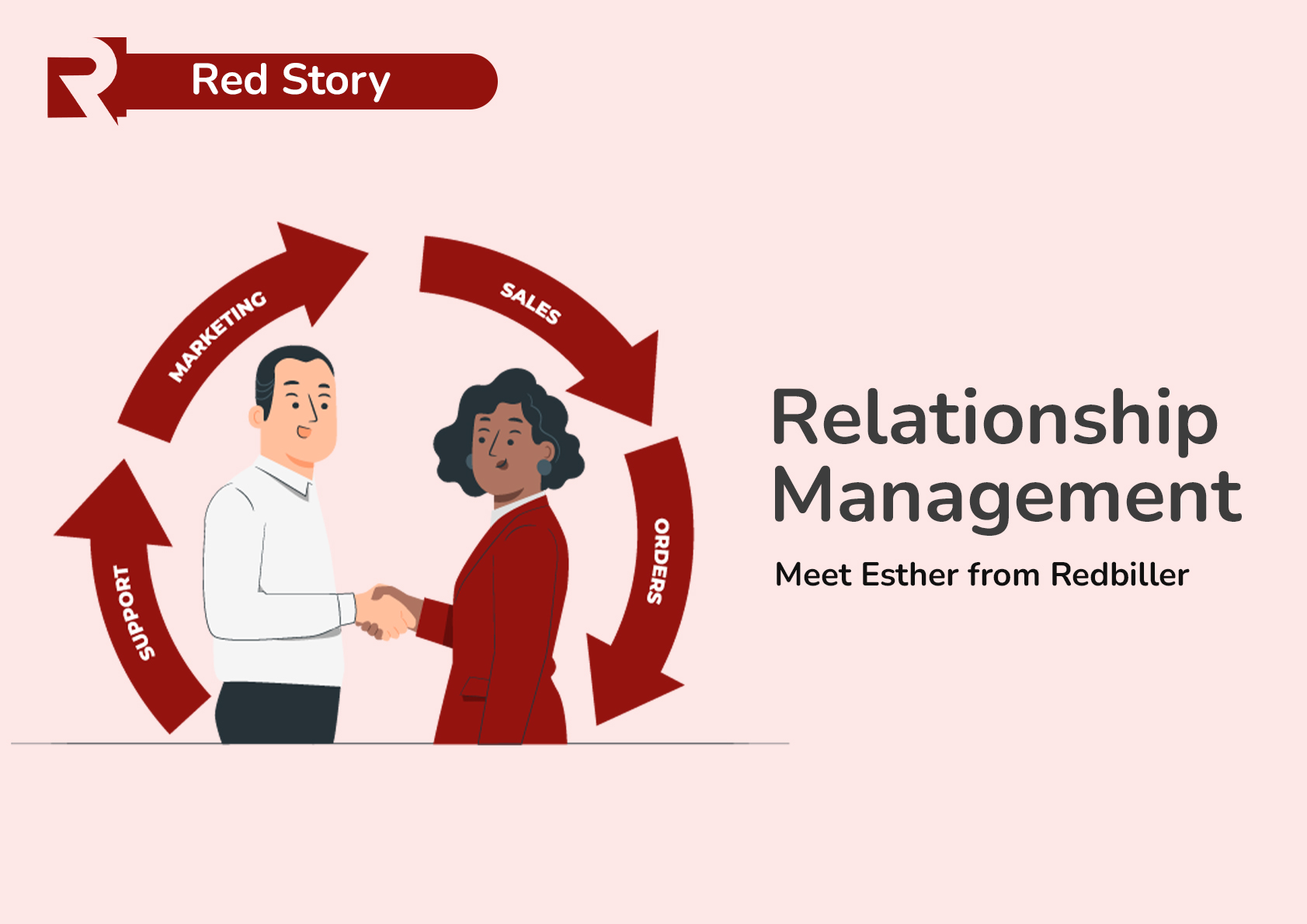Unlike losing your wallet or a device, identity theft involves losing your whole self. It is losing everything that you are. And it holds far greater consequences than losing your wallet. You can end up serving a jail term or facing a criminal conviction because a faceless person somewhere did something as you.
While many cases only involve using the person’s name, identity theft could also involve using the person’s credentials, benefits, job, and in extreme cases, living the person's life.
When a person steals your identity and does something as you, you are liable for their actions unless you can prove it was not you. In some cases, even if you can prove it was not you, you would not be absolved of all the consequences. You can lose your money, property, sources of income, and even family to identity theft.
While a false identity could be just to hide away from something they have done, identity theft is mostly to commit fraud.
Why not just use a non-existent identity?
Identity verification is now relatively common, and you will be surprised how rigorous it can be when accessing certain services or communities. Fake identity can be easily detected as it might not be present in government or public databases, but the identity of an actual person will be found and verified. That is why a fraudster will prefer to steal your identity than create a fake one.
There are several types of identity theft, but the focus today is on how to safeguard your identity.
- Beware of places and sites where you fill in your personal information.
- No organisation needs your security PINs/codes, not even your bank. Don’t give it out.
- Don't enter your passwords on public Wifi or unknown Wifi.
- Don't click random links in unsolicited or unrecognised emails.
- Report loss of IDs, accounts, or credentials promptly.
- Notify family, friends and work colleagues when any of your social media accounts have been hacked.
- Do not post your itinerary online. Only share your location when necessary, and it should be privately.
- Have a guest user profile for when someone needs to borrow your computer, and there should be a short list of people who can do that.
- Never go around with an ID/credentials you don’t need every day.
- Don't sign up on every site you come across.
- Use strong passwords.
- Use a VPN as necessary.
- Get internet security software for your PC, and please consider using paid software.
Identity theft is as crazy as it sounds. The thief does everything as you. The imposter can take loans in your name, sell your properties, use your social media account to solicit money, trade in your name, commit a crime, and live as you for many years.
If you discover that you have been a victim of identity theft, the first thing is to file a report with the Police. After that, reach out to all necessary parties to notify them and demand that they confirm every request supposed to be coming from you till you have sorted it out. Deactivate your card and online banking accounts and take steps as guided by the Police or your lawyer to recover your identity.
A note to businesses...
Fraudsters always use fake names and credentials to commit fraud. One way to protect your business against fraudsters is to be sure everyone using your platform/transacting with you is who they say they are. And if you need to reach out, you know you are contacting an actual person.
With our array of KYC tools, Redbiller helps you verify the identity of your customers and keep your business free of impersonators and fraudulent customers. You can also blacklist customers you suspect such that when they pay you, we will notify you of their status, and you can bear it in mind when transacting with them. Learn more -KYC



